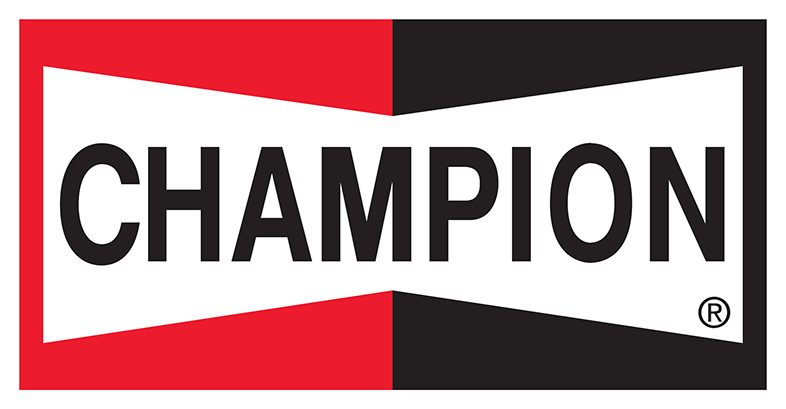Complete Corrosion Protection
Exceptional Anti Scale & Anti Foam properties for longer life of engine parts and seals
It’s getting hot in here. Check your coolant system to prevent overheating in hot driving conditions and ensure peak engine performance while you’re out on the road. Remember, coolant should be changed annually in your vehicle. Consider checking all hoses, clamps and the radiator as well for any leaks, bulges, or loose fittings.
Engine coolant is a chemical solution that keeps your car away from overheating.
It helps the radiator and cooling system keep the engine at correct temperature. Good coolant prevents corrosion & pitting on aluminium, cast iron, steel, brass, solder, copper parts.
Coolant is a Mixture of :
- Water
- Mono Ethylene Glycol
- Corrosion inhibitor’s(additives)
An easy way to think of engine coolant is consider what it’s made of specifically three main items namely glycol, de-ionized water and corrosion inhibitors as shown below:
Ethylene Glycol or Propylene glycol + Deionized Water + Corrosion Inhibitors = Engine Coolant
An ideal coolant has high thermal capacity, low viscosity, non-toxic, chemically inert, and neither causes nor promotes corrosion of the cooling system. Some applications also require the coolant to be an electrical insulator. The most common coolant is water. Its high heat capacity and low cost makes it a suitable heat-transfer medium. It is usually used with additives, like corrosion inhibitors and antifreeze. Antifreeze, a solution of a suitable organic chemical (most often ethylene glycol, diethylene glycol, or propylene glycol) in water, is used when the water-based coolant has to withstand temperatures below 0 °C, or when its boiling point has to be raised.
Key features of an effective radiator coolant are:
- Effective heat transfer
- Prevention of cooling system corrosion
- Effective boiling point
- Chemical stability
- Safe for use as directed by manufacturer


 English
English